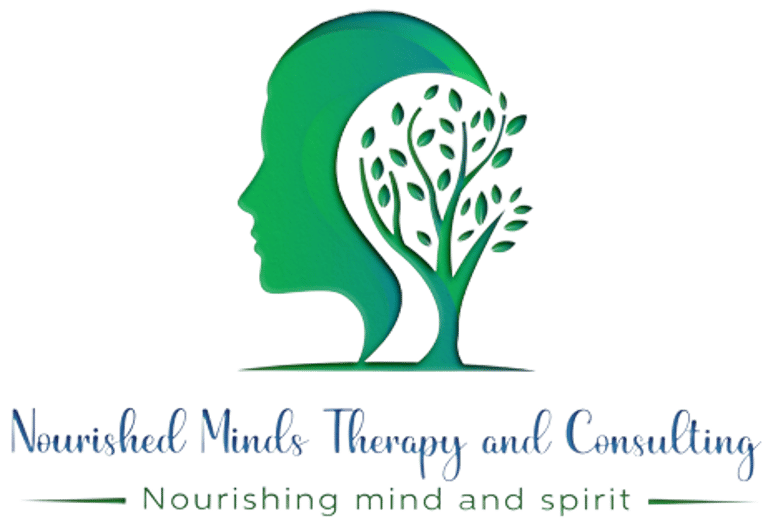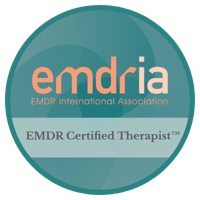Now scheduling EMDR Intensives!
Anxiety: Natural Stress Response vs. When to Seek Treatment
Anxiety is a common human experience, a natural reaction to stress that helps us stay alert and focused. However, distinguishing between non-clinical anxiety and anxiety that requires professional treatment can be challenging. This guide aims to help you understand the differences and decide when it might be time to seek help.
Non-Clinical Anxiety: A Natural Response to Stress
Non-clinical anxiety, often referred to as everyday anxiety, is typically a temporary and manageable response to specific stressors. It usually resolves once the stressor is removed or managed. Common situations that trigger everyday anxiety include:
Work or School Stress: Feeling anxious before a big presentation, exam, or deadline.
Life Transitions: Nervousness about significant changes like moving, starting a new job, or getting married.
Social Interactions: Feeling apprehensive about meeting new people or speaking in public.
Financial Worries: Concerns about budgeting, paying bills, or unexpected expenses.
In these cases, anxiety is a normal reaction and can often be alleviated with self-care strategies such as:
Movement: Physical activity can reduce stress and improve mood.
Mindfulness and Relaxation Techniques: Practices like meditation, yoga, and deep breathing can help calm the mind.
Healthy Lifestyle: Eating a balanced diet, getting enough sleep, and maintaining a regular routine can support overall well-being.
Social Support: Talking to friends, family, or support groups about your feelings can provide relief.
When Anxiety Requires Treatment: Recognizing Clinical Anxiety
While occasional anxiety is normal, persistent and overwhelming anxiety may indicate an anxiety disorder that requires professional treatment. Clinical anxiety often has the following characteristics:
Persistent and Excessive Worry: Worrying about various aspects of life excessively and uncontrollably, even when there is no significant reason to worry.
Physical Symptoms: Frequent headaches, stomachaches, muscle tension, or other unexplained physical symptoms.
Avoidance Behavior: Avoiding places, situations, or activities that trigger anxiety, leading to significant lifestyle changes.
Sleep Disturbances: Difficulty falling or staying asleep, or having restless and unsatisfying sleep due to anxiety.
Panic Attacks: Experiencing sudden and intense episodes of fear with symptoms like a racing heart, sweating, shaking, shortness of breath, and a sense of impending doom.
Difficulty Concentrating: Struggling to focus on tasks or experiencing frequent mind blanking due to anxiety.
Impact on Daily Life: Anxiety significantly affecting your ability to function at work, school, or in social situations.
Duration: Anxiety that persists for six months or longer and does not improve with self-help strategies.
Seeking Professional Help
If you recognize these signs in yourself or someone you care about, it might be time to seek help from a mental health professional. Treatment options for clinical anxiety include:
Therapy: Cognitive-behavioral therapy (CBT) and other forms of counseling can help you understand and manage anxiety.
Medication: In some cases, medication may be prescribed to help manage symptoms.
Lifestyle Changes: Adopting healthy habits such as regular movement, a balanced diet, sufficient sleep, and mindfulness practices can support overall well-being.
Support Groups: Joining a support group can provide a sense of community and understanding from others who are experiencing similar challenges.
Understanding the difference between everyday anxiety and clinical anxiety is crucial for maintaining your mental health. If anxiety is affecting your quality of life, don’t hesitate to seek professional help. Nourished Minds Therapy offers several empirically based treatment approaches that have been proven effective in managing anxiety symptoms. Visit our Therapeutic Approaches Page or Contact Me to find out how we can tailor a plan to support your mental wellness.







